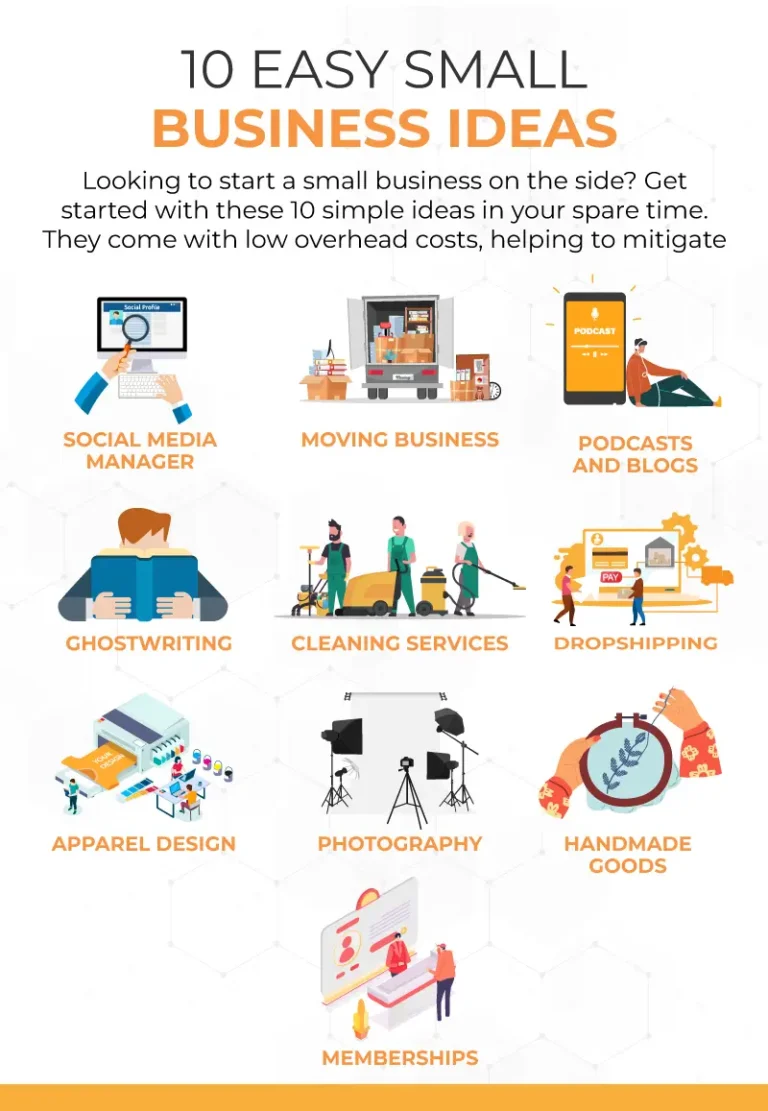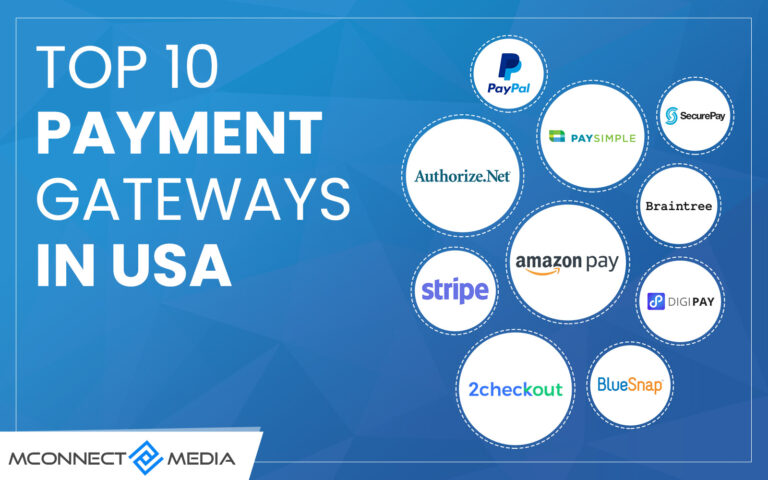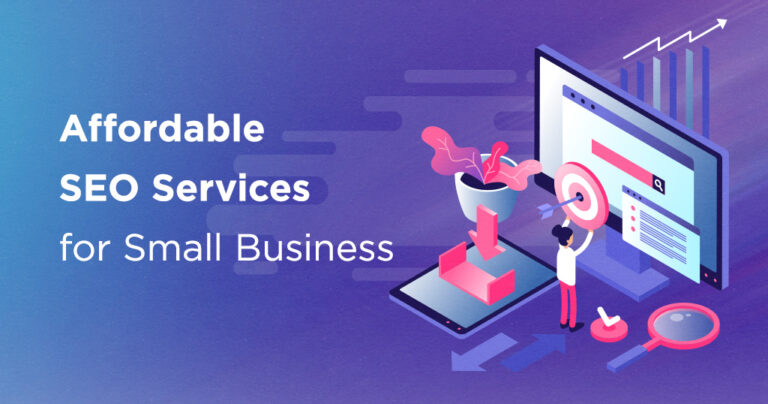Business Intelligence Tools Comparison: Find the Right Fit for Smarter Decisions
In a data-driven world, the right business intelligence (BI) tool can transform raw information into clear, actionable insights. From startups to enterprise operations, BI software helps teams understand performance, track KPIs, and make smarter strategic moves. But with so many platforms available each offering unique features, pricing models, and integrations choosing the best fit can feel overwhelming. This business intelligence tools comparison guide is designed to help you cut through the noise. If you’re looking to streamline reporting, visualize data, or empower decision-making across teams, the insights below will point you in the right direction.
Understand the Core Features That Matter Most
Before choosing a BI platform, it’s essential to understand what features align with your goals. Most tools offer dashboards, data visualization, and report generation but not all handle data preparation, advanced analytics, or real-time collaboration equally. Some tools focus on simplicity and ease of use, like Google Looker Studio, while others like Tableau or Power BI offer deeper control for technical users. Scalability, security, and integration with existing data sources should also influence your decision. A good tool adapts to your business not the other way around.
Power BI vs Tableau: Two Industry Leaders Face Off
Microsoft Power BI and Tableau dominate the BI landscape and for good reason. Power BI stands out with its Microsoft ecosystem integration, affordable pricing, and seamless experience for Excel users. Tableau, on the other hand, offers unmatched data visualization and flexibility, appealing to data analysts who want complete control over their reports. While Power BI is often more accessible for teams without technical backgrounds, Tableau’s learning curve pays off with more advanced capabilities. The better tool depends on your company’s size, data complexity, and how much control you want over design and deployment.
Exploring Alternatives: Looker, Qlik, and Beyond
If you need a tool that’s cloud-native and developer-friendly, Looker is worth exploring. Acquired by Google Cloud, Looker offers powerful embedded analytics and modular dashboards built on top of SQL models. Qlik Sense excels in associative data modeling and responsive design, giving teams the flexibility to explore data dynamically without being limited by linear queries. Tools like Sisense, Zoho Analytics, and Domo cater to specific industries or price points, making them attractive for startups or niche use cases. Evaluating alternatives helps you find a solution that doesn’t just tick boxes but fits how your business thinks and operates.
Match Tools to Your Team’s Skill Level and Workflow
The best BI platform is the one your team will actually use. If your users are marketers, sales teams, or executives, prioritize tools that simplify dashboard creation and storytelling. If your team includes data engineers or analysts, look for advanced querying, API access, and custom integration capabilities. Self-service BI is becoming a standard choose tools that empower users without IT bottlenecks. Training resources, community support, and vendor responsiveness should also factor into your decision. An expensive tool that’s never adopted is a sunk cost not an investment.
Consider Pricing Models and Long-Term Flexibility
Business intelligence tools vary significantly in cost. Some, like Looker Studio, are free with limited functionality. Others offer per-user licenses or usage-based pricing, which can scale quickly as your team grows. Consider your expected data volume, number of users, and integration needs when evaluating plans. Avoid committing to long-term contracts until you’ve tested the platform with real data. Free trials, pilot programs, or demo environments can reveal limitations before you invest. A good BI solution should grow with your business without forcing costly migrations down the road.
FAQs About Business Intelligence Tools Comparison
What is the most user-friendly BI tool for beginners?
Power BI and Looker Studio are widely considered easy to learn, especially for teams already using Microsoft or Google ecosystems.
Is there a free business intelligence tool?
Yes. Looker Studio, Metabase, and Zoho Analytics offer free or low-cost plans suitable for smaller teams and basic reporting.
Which tool is better for large datasets?
Tableau and Looker are known for handling large, complex datasets efficiently, especially with proper backend configuration.
Can BI tools integrate with CRM and e-commerce platforms?
Most BI tools support native or third-party integrations with platforms like Salesforce, HubSpot, Shopify, and more.
Do I need a data analyst to use BI software?
Not necessarily. Many tools offer self-service features, though technical users can unlock more advanced functionality.


